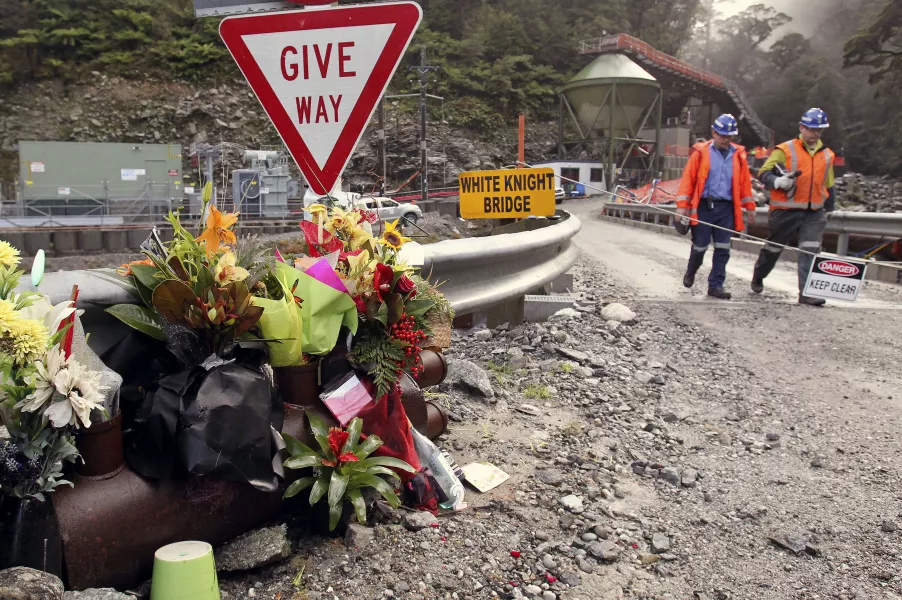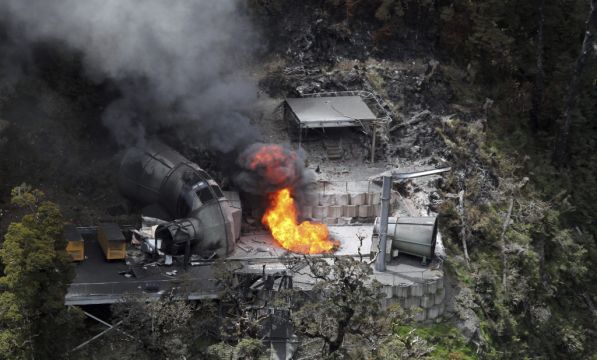Two more bodies have been found at the site of a New Zealand coal mine explosion which killed 29 workers more than a decade ago.
Police used new camera images to make the discovery at the Pike River mine, but added the area is still too dangerous to enter so they will not be able to recover the remains.
Officers have been investigating the disaster, caused by a methane explosion, for years.
Police Detective Superintendent Peter Read said they had located at least two bodies and possibly a third after a camera was sent down a newly dug hole of the mine in the West Coast region of the South Island.

He said the bodies were found at the far end of the mine, where methane levels remain high.
Mr Read said imaging technology had improved markedly since the disaster – on November 19 2010 – and added this had helped them make the discovery.
He said they had not yet been able to identify the bodies, although they were working with forensic experts to see if that was possible.
“This is only two days away from the eleventh anniversary of the mine explosion, and we’d like to acknowledge the families of all the men,” Mr Read told reporters.
“It’s a really stark reminder of the pain and the loss.”

He added police would not be releasing the images out of respect to the families and declined to describe the conditions of the bodies.
“It’s what you might expect after 11 years, but I’m not really going into any details of what the images show.”
Anna Osborne, whose husband Milton was killed in the explosion, said it was unfortunate the bodies could not be retrieved.
“They all died together and they will all stay together,” she said.
An earlier investigation concluded the Pike River Coal company had exposed miners to unacceptable risks as it strived to meet financial targets.
The report found the company ignored 21 warnings that methane gas had accumulated to explosive levels before the disaster.
The company, which went bankrupt, did not contest labour violation charges against it.
Labour violation charges against former chief executive Peter Whittall were dismissed after he and the company made a financial settlement, a development that angered many of the grieving families.
New Zealand’s Supreme Court later ruled the settlement was unlawful.







